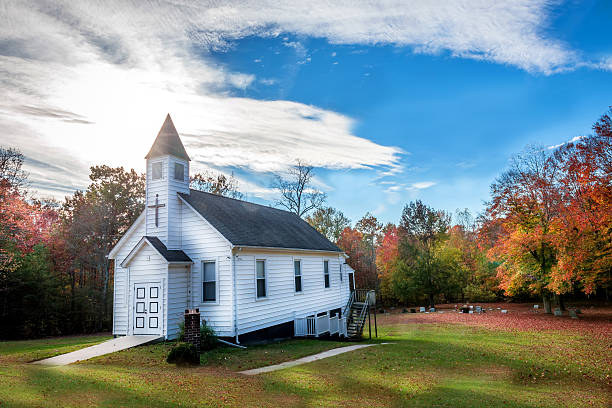"Congress shall make no law respecting an establishment of religion…" The most frequent interpretation of the first phase of this amendment would indicate the different separation of church and state, however, obviously, this isn't the given language of this amendment. Regrettably, some shrine nearby have given up entirely and therefore are no more hoping to reach another generation in any way.
Image Source: Google
An individual might mention the Constitutional adjustments mostly exist because of the limitation of government imposition on the citizenry, not to the limitation of their citizenry in their pursuit of "life, liberty and the pursuit of happiness".
The frequent interpretation blurs the distinction between the dialogue of spiritual philosophy and the institution of a spiritual organization. Additionally, it completely negates the follow-up term: "or prohibiting the free exercise thereof," to not mention the instant term later," abridging the freedom of speech" interrupts the frequent interpretation of abridgment of public discourse concerning religious dogma.
Which interpretation is accurate? It's a very simple discovery.
There's a difference between a discussion of spiritual philosophy and coordinating a church. Many established church organizations espouse Christianity and they cannot be lumped together into one build of faith just because they share a belief in Jesus Christ. The rites and specifics of faith differ considerably among the accumulated set of Christian churches.
The more appropriate interpretation prohibiting Congress to establish a state religion is three-fold: it shouldn't impose or prefer any spiritual philosophy over the other, for example, Christianity over Judaism or Buddhism; it shouldn't inflict any Christian church over the other, for example, Catholic over Protestant or even Baptist.
